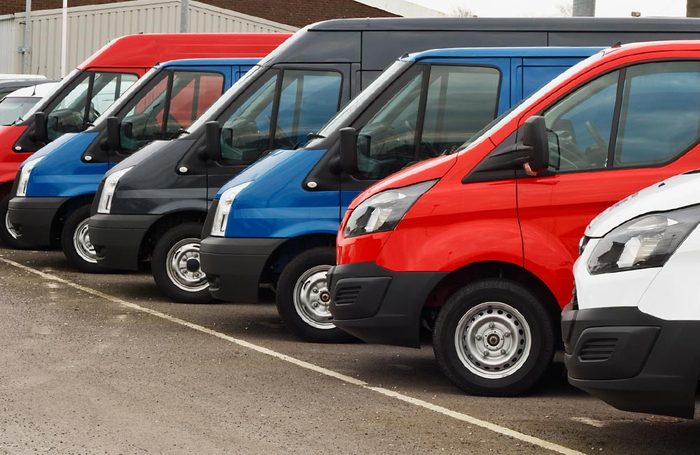Considering the importance of Motor Fleet Insurance to many businesses, it's crucial to understand how to assess the right coverage limits. Whether you own a small business with a few vehicles or manage a large fleet, the right insurance coverage can make a significant difference in protecting your assets and maintaining operations.
In this blog post, we'll discuss the ins and outs of Motor Fleet Insurance and explore essential factors to consider when assessing coverage limits.
By the end of this read, you'll be equipped with the knowledge to make informed decisions about your Motor Fleet Insurance coverage.
Understanding Motor Fleet Insurance
Motor Fleet Insurance is designed for businesses that own and operate multiple vehicles for commercial purposes. This type of insurance provides coverage for a wide range of vehicles, including cars, vans, trucks, and specialised vehicles used for business operations. Whether your fleet is involved in transportation, logistics, delivery, or any other business activity that requires multiple vehicles, Motor Fleet Insurance can offer comprehensive protection.
The Importance of Assessing the Right Coverage Limits
When it comes to managing a fleet of vehicles, having the appropriate insurance coverage is crucial. In the event of accidents, damages, or other unforeseen circumstances, the right coverage limits can make the difference between a minor setback and a significant financial burden. Assessing the right coverage limits ensures that your business is adequately protected without overpaying for unnecessary coverage.

Factors to Consider When Assessing Coverage Limits
- Size and Usage of the Fleet
The size and usage of your fleet play a fundamental role in determining the appropriate coverage limits. Assess the number of vehicles in your fleet, their purposes, and the frequency of use. Whether your vehicles are used for daily deliveries, long-haul transportation, or specialised services, understanding their usage patterns will help you tailor the coverage to your specific needs.
- Types of Coverage Needed
Motor Fleet Insurance offers various types of coverage, including third-party liability, comprehensive coverage, collision damage waiver, and more. Evaluate the specific needs of your fleet and consider the types of coverage that are essential for your business operations. For example, if your fleet operates in areas with high traffic or challenging road conditions, comprehensive coverage may be more critical than in less demanding environments.
- Financial Considerations
Assessing the right coverage limits also involves a thorough review of your financial capabilities. Consider your budget for insurance premiums and weigh the cost of higher coverage limits against the potential risks your fleet may face. While it's essential to have adequate coverage, it's also important to maintain financial sustainability for your business.
- Regulatory Compliance
Ensure that your chosen coverage limits comply with any regulatory requirements in your industry and region. Different jurisdictions may have specific insurance requirements for commercial fleets, and failing to meet these requirements can result in penalties or legal complications. Stay informed about the insurance regulations that apply to your business to ensure full compliance.
- Risk Assessment
Conduct a comprehensive risk assessment for your fleet to identify potential hazards and challenges. Factors such as the nature of the business, geographical areas of operation, driver experience, and safety measures can impact the level of risk associated with your fleet. By understanding these risks, you can align your coverage limits to mitigate potential liabilities effectively.
Consultation with Insurance Experts
When in doubt, seek guidance from insurance experts who specialise in Motor Fleet Insurance. Professional insurance advisors can provide valuable insights into assessing the right coverage limits based on your specific business needs. Their expertise can help you navigate the complexities of insurance policies and ensure that your fleet is adequately protected.
Conclusion
Assessing the right coverage limits for Motor Fleet Insurance is a critical aspect of safeguarding your business operations. By taking into account the size and usage of your fleet, types of coverage needed, financial considerations, regulatory compliance, and risk assessment, you can make informed decisions about the appropriate insurance coverage for your fleet.
Remember, consulting with insurance experts can provide additional clarity and guidance as you navigate the process of assessing coverage limits for your Motor Fleet Insurance.
It's essential to prioritise comprehensive protection while maintaining financial sustainability for your business.


No comments yet